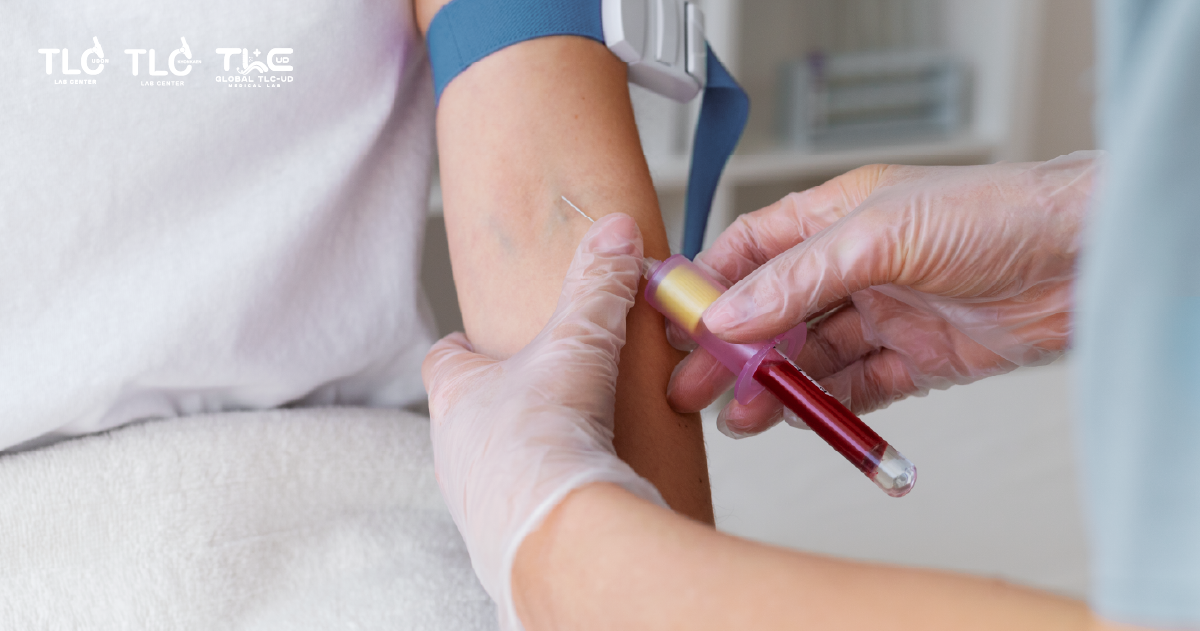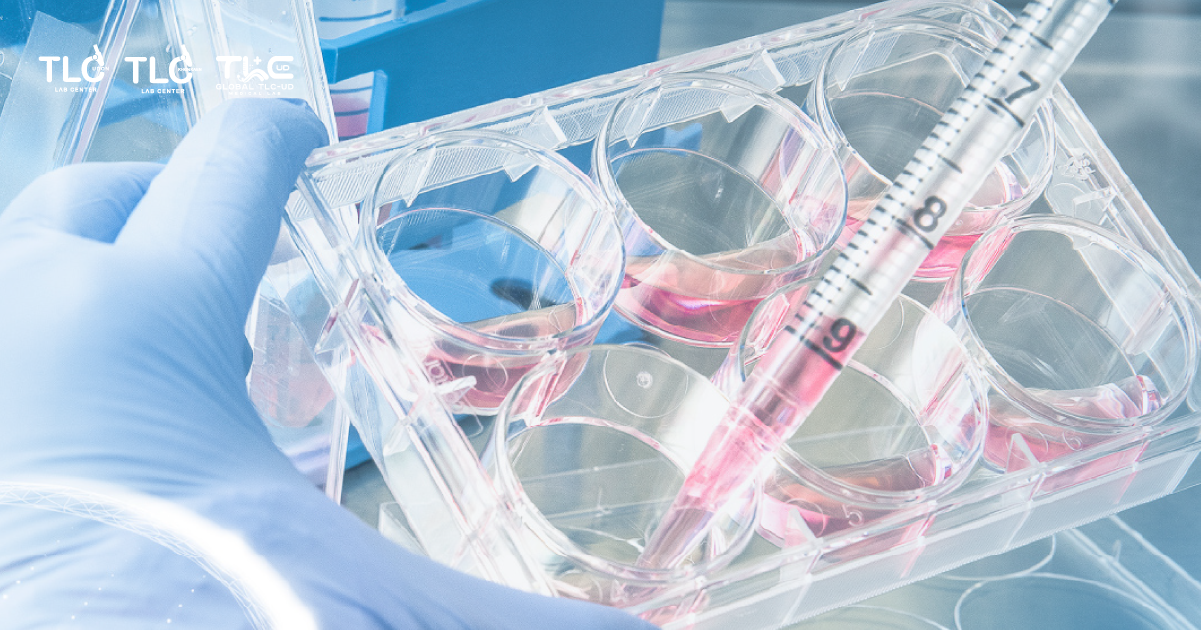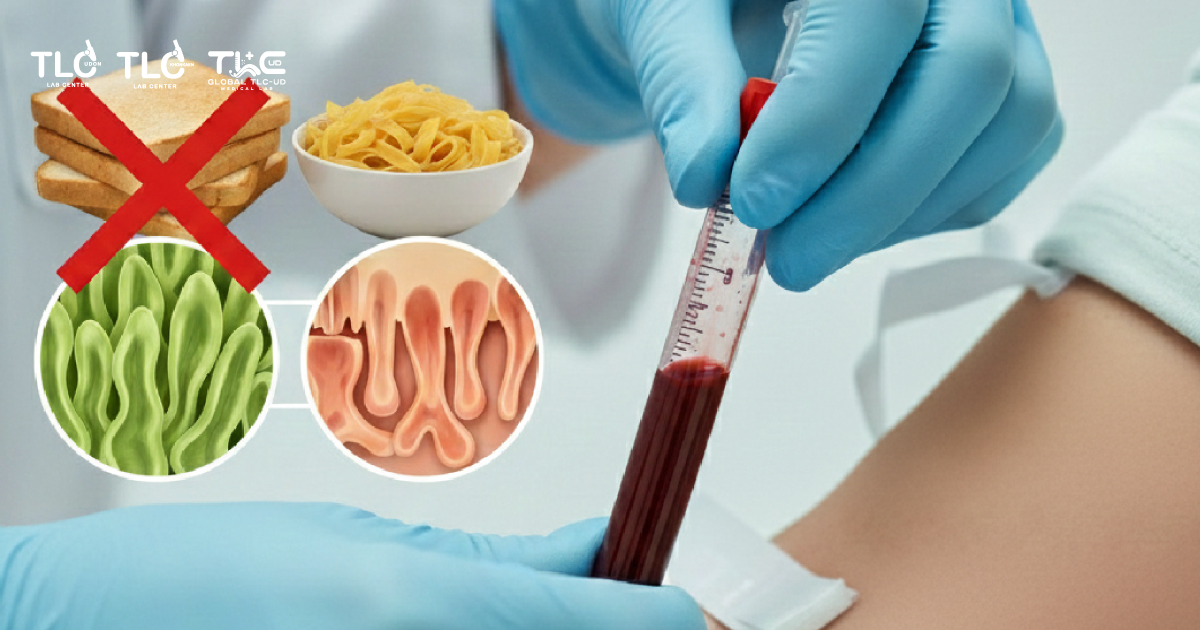Neurotransmitters are chemicals used by the brain and nervous system to send messages between nerve cells—or between nerves and other parts of the body, like muscles or sensory organs.
What Neurotransmitters Do for the Body
These chemicals play a vital role in many areas of our physical and emotional well-being:
- Mood and Emotions
- Serotonin helps regulate mood, happiness, anxiety, and sleep.
- Dopamine is tied to feelings of reward, motivation, and pleasure.
- Norepinephrine plays a role in stress response and alertness.
- Muscle Movement
- Acetylcholine triggers muscle contractions and helps control body movements.
- Learning and Memory
- Glutamate boosts brain activity and is essential for learning and memory.
- GABA (Gamma-Aminobutyric Acid) calms the brain by slowing down nerve signals, helping reduce anxiety and promote relaxation.
- Sleep and Wakefulness
- Neurotransmitters like serotonin and melatonin (produced from serotonin) help regulate our body clock and sleep-wake cycles.
- Heart Function and Blood Flow
- Norepinephrine can increase heart rate and blood pressure, especially during emergencies (part of the “fight-or-flight” response).
What Happens When Neurotransmitters Are Out of Balance?
Too much or too little of a particular neurotransmitter can lead to health problems:
- Low serotonin: Depression, anxiety, insomnia
- High dopamine: Psychosis
- Low dopamine: Parkinson’s disease
- Low acetylcholine: Alzheimer’s disease
- Low GABA: Anxiety, seizures

Foods and Habits That Support Brain Chemistry
Certain foods and activities can help your brain produce more of these vital chemicals:
Foods That Boost Neurotransmitters
- To increase serotonin (for improved mood)
- Bananas
- Dark chocolate
- Oats and brown rice
- Salmon, tuna (rich in omega-3s)
- Eggs
- Dairy products like milk and yogurt
- Soy products like tofu
These are rich in tryptophan, an amino acid that helps produce serotonin.
- To increase dopamine (for energy and motivation)
- Avocados
- Almonds and pumpkin seeds
- Chicken and fish
- Cheese and egg yolks
- Peanuts and bananas
- Fermented foods (e.g., yogurt, kimchi)
These provide tyrosine, a building block of dopamine.
- To increase GABA (for relaxation and stress relief)
- Brown rice
- Leafy greens like spinach and kale
- Sunflower seeds
- Chamomile tea
- Yogurt or other probiotic-rich foods
- To increase acetylcholine (for better memory)
- Egg yolks (high in choline)
- Liver
- Soybeans, tofu
- Broccoli and cauliflower
Activities That Help Maintain Healthy Neurotransmitter Levels
Some simple lifestyle habits can naturally boost your brain’s chemistry:
- Exercise (like walking, running, or swimming): raises serotonin, dopamine, and GABA levels
- Getting enough sleep (7–8 hours a night): supports overall neurotransmitter balance, especially serotonin
- Meditation, yoga, and deep breathing: increase GABA and serotonin
- Creative activities like listening to music, dancing, or making art: stimulate dopamine and serotonin
- Morning sunlight (15–30 minutes): helps your body produce serotonin naturally
- Doing meaningful or fulfilling tasks: boosts dopamine and a sense of purpose

By making small, intentional choices in your diet and lifestyle, you can help support your brain’s chemical balance—improving mood, focus, memory, and overall well-being.
















